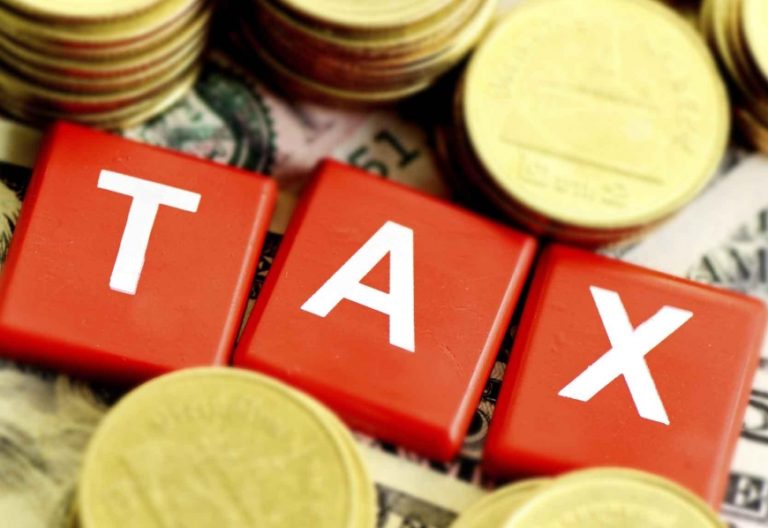Overtime work may simply refer to the situation where an employee works over the normal number of hours to be worked as per the laws of Ghana and the regulations governing the firm he or she works for. For example, if an employee works for 9 hours when the normal hours fixed by the firm is 8 hours, the additional one hour worked is called overtime work.
Conditions for overtime work
The laws of Ghana require that employees may not be compelled to do overtime work except when the following three conditions have been met:
- The firm has fixed rates for payment of overtime for overtime work done
- Without the overtime work, the firm cannot be viable
- The overtime work will be needed to avoid threat to life and property
Types of overtime work
The Labour Act 2003 identifies 2 types of overtime work. These are paid and unpaid overtime work. This means that not every overtime work will be compensated.
Paid overtime
This is the type of overtime situation where the employee who performs the overtime must be remunerated for the work done. Again, this is subject to the three conditions indicated earlier.
Unpaid overtime
With this type, the employee is given no compensation for the overtime work. This usually occurs when the services of the employee is needed to prevent or manage accidents that pose threat to life and property or in some cases to the very existence of the firm.
Other provisions of the Labour Act 2003 on overtime work
Employment of women
There is a restriction with employment of women for overtime work. The Labour Act 2003 also stipulates that women who are pregnant cannot be engaged for overtime work. A woman with a child who is less than 8 months is also exempted from overtime work. Women in this category have the right to present a written complaint to the National Labour Commission if their employers contravene this provision.
Leave entitlement
It must also be added that any employee who goes on leave is entitled to all benefits due him or her including normal remuneration as well as the cash equivalent of any other benefit in kind. However, in situations of going on leave, employees are not be paid any overtime.
Temporary and causal workers
Though these two appear the same, they are different. Their main difference lies in how they are remunerated and how they are taxed also. For temporary workers, their minimum monthly salary is computed as (365/12) * daily minimum wage but 27 days * daily minimum wage is the formula for calculating minimum monthly salary for casual workers. Temporary workers’ salaries are subject to the graduated tax table but that of casual workers are subject to 5% final tax.
These workers have the right to be paid for overtime work though their work is seasonal in nature and they are not permanent employees.
The Income Tax Act 2015 Act 896 gives three types of areas from which a person can earn income: employment, business and/or investment. It also provides that in calculating a person’s income from employment, overtime payments made to an employee must be considered. This is where the tax implication for overtime arises from. Thus, every overtime must be taxed.
The next section of this article discusses briefly how overtime is taxed in Ghana.
Taxation of overtime
Different methods
It is vital to mention that there are different methods for taxation of overtime for different persons. For the purposes of this area, employees are broadly two: qualifying junior employees and non-qualifying junior employees.
Qualifying junior employees are those whose basic salary for a month does not exceed GHC1500.00 or GHC18,000.00 for a year. Employees with incomes above these thresholds are non-qualifying junior employees. These employees are taxed differently in terms of overtime payments.
Taxation of qualifying junior employees
The following steps are employed:
Note: You must first use the threshold to determine if the worker is a qualifying junior employee or not. If yes, follow the steps below:
Step 1: Determine the basic salary and calculate 50% of that
Step 2: Compare the overtime to be paid with the result in Step 1
Step 3: If the overtime is less than that the result, subject it to 5% final tax and that becomes the tax on the overtime. However, if it is more, subject the part which is equal to 50% of the basic at 5% and the excess at 10% and add the two results to arrive at the tax on the overtime. Consider the examples below:
Scenario 1: Kofi has a basic wage of GHC1000.00 per month and is slated to receive overtime of GHC300.00. This makes him a qualifying junior employee. 50% of the basic is GHC500.00 and this is more than the overtime, hence the tax on the overtime becomes (5% * GHC300.00) = GHC15.00
Scenario 2: Ama has a basic wage of GHC 1200.00 a month and is slated to receive overtime of GHC800.00. Ama is also a qualifying junior employee. 50% of the basic is GHC600.00 and this is less than the overtime, hence the tax on the overtime becomes ({5% * GHC600.00} + {[GHC800.00-GHC600.00]*10%}) = GHC30.00 + GHC20.00 = GHC50.00. So the difference is clear now. Under this scenario, the overtime is more than 50% of the basic so we go further to subject the excess at 10% and add the two results.
Taxation of non-qualifying junior employees
For such employees, their overtime payments are treated in the same way as allowances. Thus, they are added to the cash benefits enjoyed from employment and subjected to the graduated tax table as a way of fully satisfying the tax obligation on the overtime.
Ending note
Taxation of overtime is one area that most employers have often overlooked. Nevertheless, employers must note that they are under obligation to withhold such taxes and make payment to appropriate tax authorities. This therefore make an article like this a much-needed one.
employeesovertimesalariestaxation



Leave a Reply